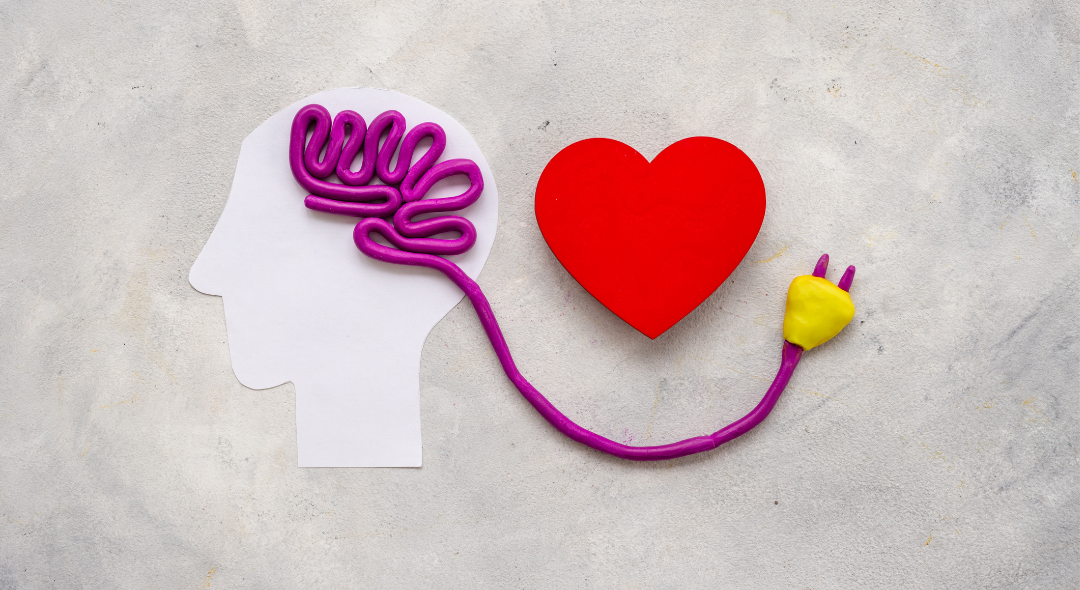The Power of Boundaries: Why Setting Limits Is Key to Mental and Emotional Well-Being
In today’s fast-paced and interconnected world, maintaining our mental and emotional health has become increasingly important. One of the most effective ways to safeguard your well-being is by setting clear and healthy boundaries. But what exactly are boundaries, and why are they essential?
What Are Boundaries?

Boundaries are the physical, emotional, and mental limits we establish to protect ourselves from being manipulated, overextended, or harmed. They define what is acceptable and unacceptable in our interactions with others. Setting boundaries is not about building walls; it’s about creating a framework that allows us to thrive while fostering respectful relationships.
Why Are Boundaries Important?
Boundaries act as a protective shield for your mental health. They help you:
- Prevent Burnout: By setting limits, you can avoid taking on too much responsibility or emotional labor.
- Enhance Self-Respect: Boundaries reinforce your self-worth and signal to others that your needs and feelings are valid.
- Improve Relationships: Clear boundaries foster mutual respect and understanding, creating healthier and more balanced connections.
- Reduce Stress and Anxiety: Knowing your limits and adhering to them can prevent situations that lead to unnecessary stress.
How to Establish Healthy Boundaries
Here’s a practical guide to help you set and maintain boundaries effectively:
- Be Aware of Your Needs and Limits Reflect on what makes you uncomfortable or overwhelmed. Understanding your emotional triggers is the first step toward defining your boundaries.
- Communicate Clearly Express your boundaries in a calm, assertive, and non-confrontational manner. For example, instead of saying, “You’re always bothering me,” say, “I need some uninterrupted time to focus on my work.”
- Normalize Saying No Saying “no” is not selfish; it’s self-care. Practice turning down requests that conflict with your priorities or stretch you too thin.
- Do What Is Best for You Prioritize your well-being without guilt. Remember, you can’t pour from an empty cup.
- Understand It’s Not Your Responsibility to Please Everyone Let go of the pressure to sacrifice your happiness or comfort for others. Respecting your boundaries teaches others to respect them too.
Common Challenges in Setting Boundaries
While setting boundaries is empowering, it’s not always easy. Here are some common obstacles and how to overcome them:
- Fear of Rejection or Conflict: It’s natural to worry about how others might react. However, people who genuinely care about you will respect your boundaries.
- Guilt: Remember, prioritizing your needs is not selfish. Frame it as an act of self-love and self-respect.
- Unclear Boundaries: Be specific when communicating your limits. Vague statements can lead to misunderstandings.
Examples of Healthy Boundaries
- Work-Life Balance:
- “I don’t check work emails after 7 PM.”
- Personal Space:
- “I need alone time to recharge after social events.”
- Emotional Boundaries:
- “I’m not comfortable discussing this topic right now.”
- Time Management:
- “I can only commit to one project at a time.”
The Benefits of Maintaining Boundaries
By consistently upholding your boundaries, you’ll experience numerous benefits:
- Increased self-confidence and self-esteem
- Healthier relationships built on mutual respect
- Greater emotional stability and reduced anxiety
- More time and energy for the things that matter most
Establishing boundaries is a lifelong practice that evolves as your needs and circumstances change. It’s a skill that requires patience, self-awareness, and persistence. Remember, boundaries are not just about keeping negative influences out; they’re about creating space for positive energy, growth, and fulfillment.
So, take the first step today. Reflect on your limits, communicate them clearly, and give yourself permission to prioritize your well-being. By doing so, you’ll not only protect your mental and emotional health but also inspire others to respect and honor their own boundaries.




Pingback: Unlearning Generational Harm and Embracing Self-Love: A Journey to Inner Peace - thementaloasis